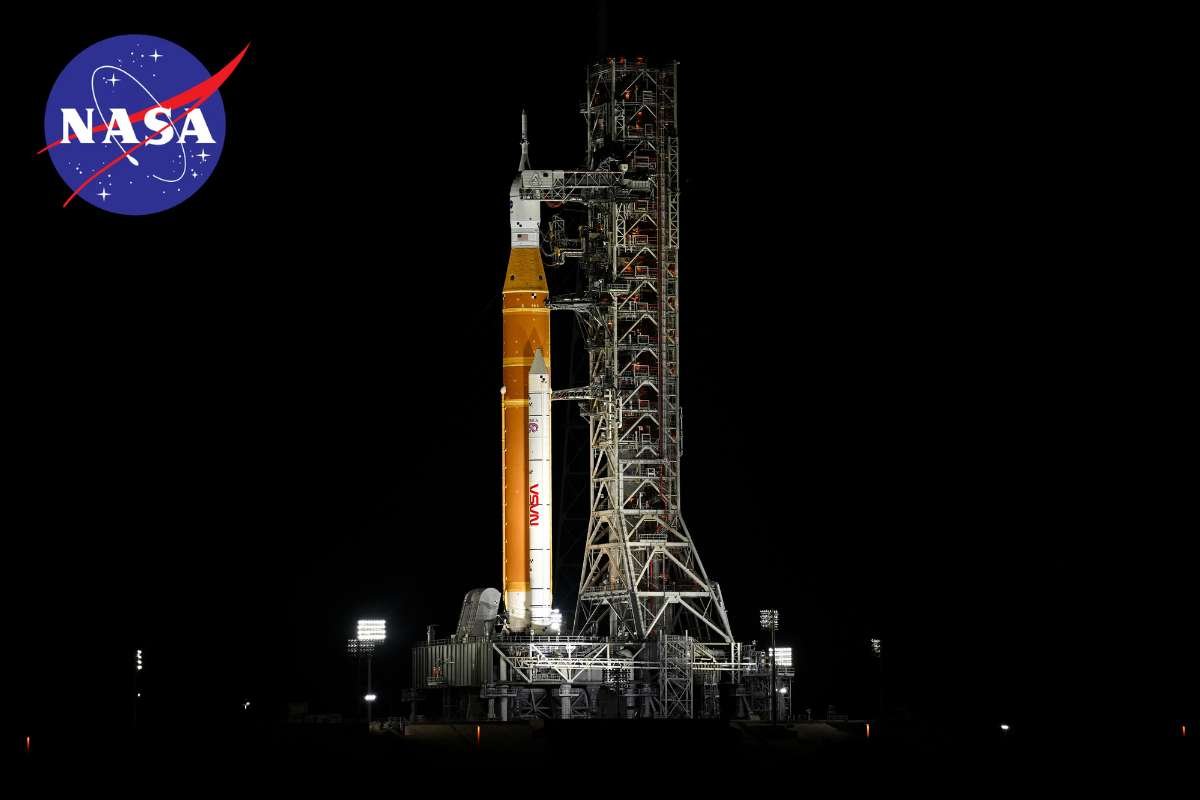Taiwan Semiconductor’s Stock Takes a Hit
Taiwan Semiconductor Manufacturing Company (TSMC) saw its shares tumble sharply on Monday as local trading resumed following a week-long break. The decline comes as the company’s stock catches up with significant losses observed in global semiconductor stocks, driven by concerns over China’s latest artificial intelligence (AI) advancements. TSMC’s stock (TW:2330) fell by as much as 6.6% in Taipei trading, leading to a broader 4.4% drop in the TWII index. Hon Hai Precision Industry (TW:2317), another key supplier for NVIDIA Corporation (NASDAQ: NVDA), also suffered a 10% decline, adding to the downward pressure on the market.
DeepSeek R1 AI Model Raises Industry Concerns
The primary trigger for this market reaction was the recent unveiling of China’s DeepSeek R1 AI model. The AI model demonstrated performance levels comparable to offerings from industry giants like OpenAI and Meta (NASDAQ: META) despite operating on older hardware and significantly lower budgets. This development has raised questions about the sustainability of massive investments in AI infrastructure, as the need for high-end chips could diminish if more efficient AI models gain traction. TSMC, a critical part of the AI supply chain, has greatly benefited from the surge in AI-driven semiconductor demand over the past year. However, the introduction of DeepSeek R1 has led to uncertainty about the long-term profitability of expensive AI-focused chip production.
Global Semiconductor Market Faces Volatility
The concerns surrounding DeepSeek’s efficiency have sparked a broader sell-off in semiconductor stocks worldwide. Nvidia, one of TSMC’s largest customers, experienced a staggering $600 billion decline in market capitalization, while the overall tech sector witnessed a market wipeout of nearly $1 trillion in just one week. TSMC’s U.S.-listed shares (NYSE: TSM) also reflected the downturn, shedding approximately 6% over the same period. The sharp market reaction highlights investor apprehension over the future of AI investments, as companies reassess whether the current trajectory of high-cost AI infrastructure remains viable in the face of more cost-effective alternatives.


















